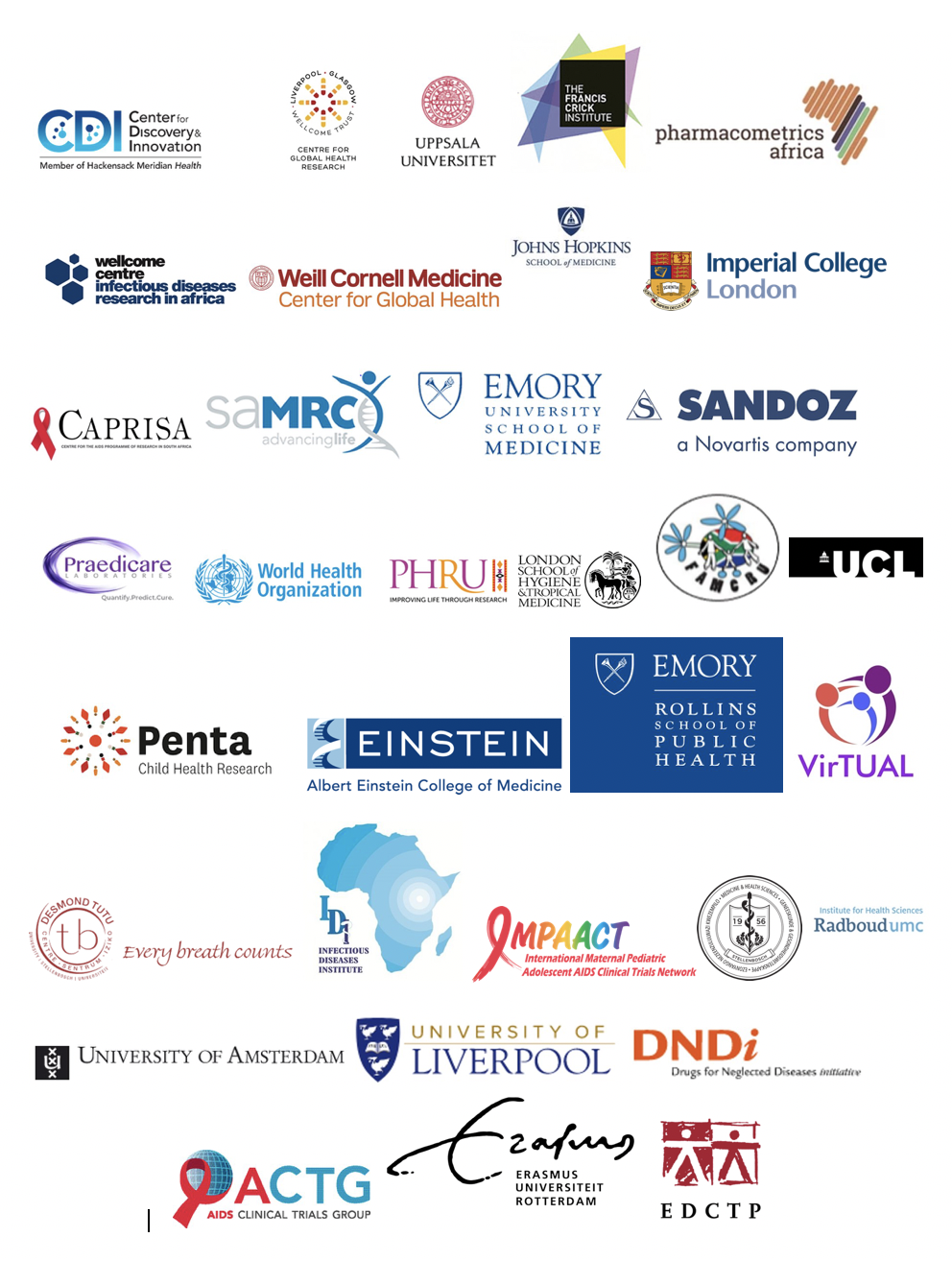
Pharmacometrics, or quantitative pharmacology, is the science quantifying drug and disease information with the purpose to aid efficient drug development or regulatory decisions, or to improve the clinical use of drugs.
Mathematical and statistical models, also known as nonlinear mixed-effects models, are used to describe the relationship between drug dose, exposure (pharmacokinetics), and response (pharmacodynamics) for both desired and undesired effects, and individual patient characteristics.
Prof Paolo Denti and the pharmacometrics group at the University of Cape Town focus on the investigation of pharmacology of antiretroviral, antituberculosis, and antimalarial agents with the aim of improving the way we treat patients for these infectious diseases. Key research areas are drug-drug interactions that may arise in patients who need concomitant treatment for these diseases; the optimisation of dosing in neglected populations (such as children and pregnant women); pharmacogenomics and the characterisation of PK/PD relationships.
The group is part of several international collaborations, including the modelling groups at Uppsala University and the University of Liverpool, and is involved in the analysis of data from clinical trials, sponsored by the European & Developing Countries Clinical Trials Partnership (EDCTP), the US National Institute of Health, the World Health Organisation, the Drugs for Neglected Diseases initiative, the Medical Research Council (South Africa and the United Kingdom), Medicines for Malaria Venture, the Aids Clinical Trials Group and the International Maternal Pediatric Adolescent AIDS Clinical Trials Network.
Collaborations and research projects
The pharmacometric group is part of several international collaborations and is involved in the analysis of data from clinical trials, sponsored by EDCTP, NIH, WHO, MMV, DNDi, MRC (SA & UK), Wellcome Trust and DaniDa, IMPAACT, ACTG.
Close collaborations are ongoing with the modelling groups at Uppsala University and the University of Liverpool.
